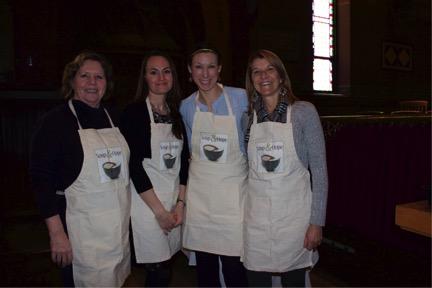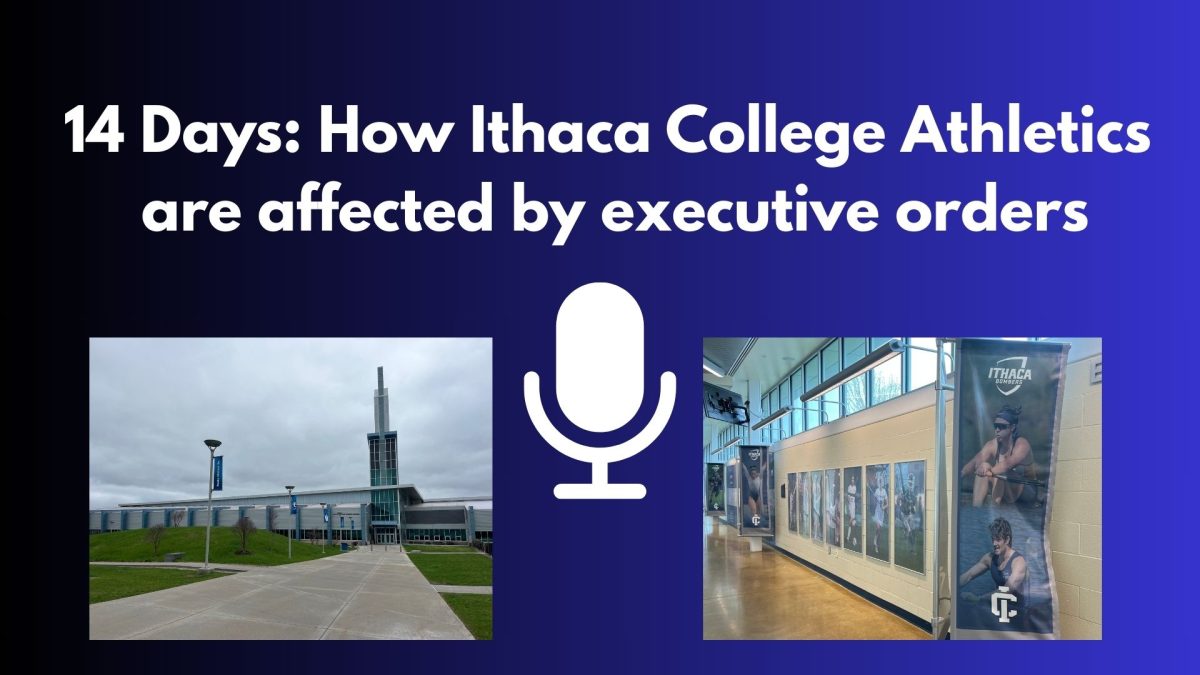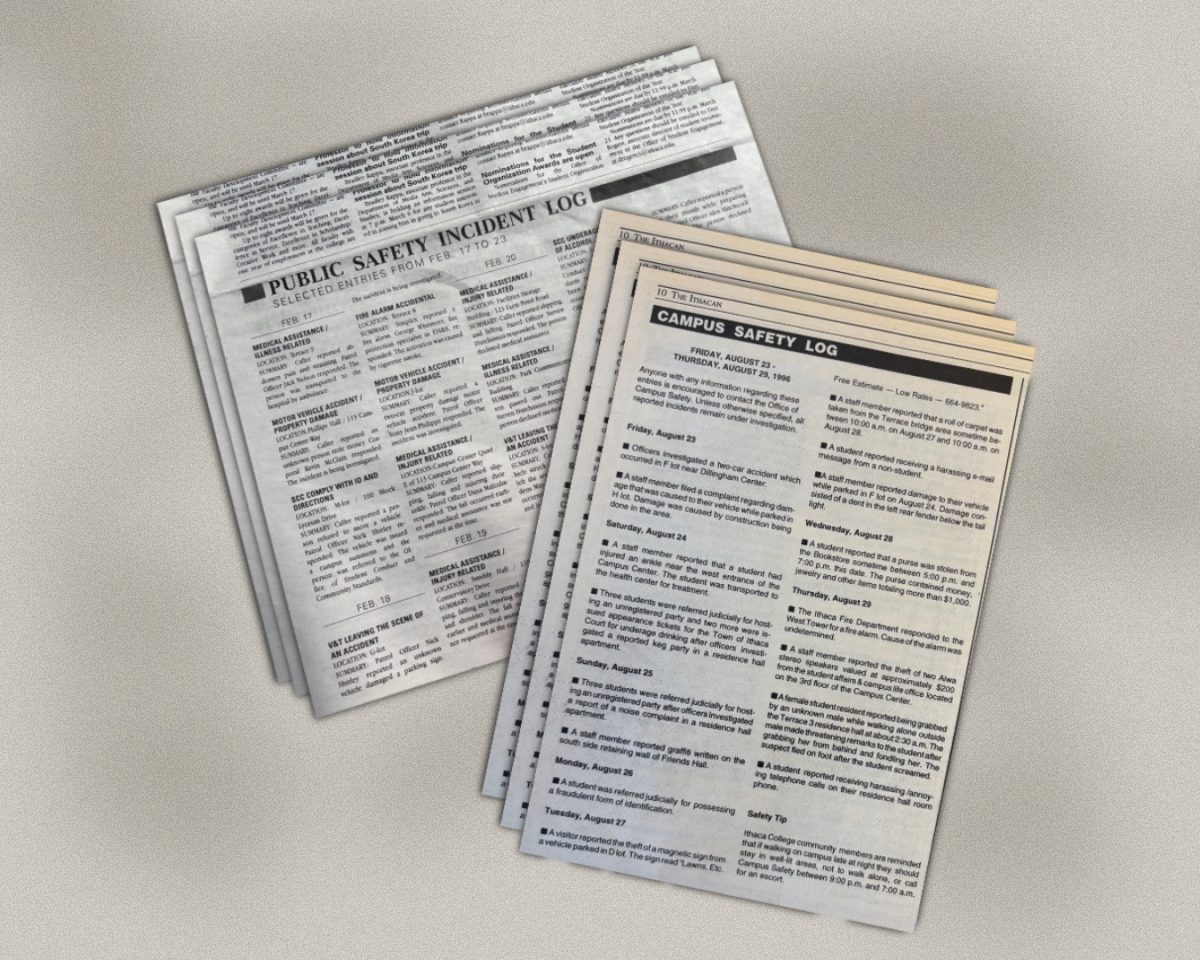Sometimes there are obstacles in life that can be difficult to overcome without the right support and inspiration, but Soup and Hope, a bi-weekly speaker series held during the winter months, supplies both. For attendees, the event provides motivation for those harder days in life, and for the speakers, the event is a platform for them to share a hardship that greatly impacted their life and how they found the strength to overcome it.
The event began eight years ago and is part of an ongoing six-week series that happens during the winter season at Cornell University. It is organized by the United Religious Way and is held in Sage Chapel at Cornell University. The most recent speaker on Thursday, March 3, was Amy ElSayed, an undergraduate student at Cornell.
Kwakye said this was her third time attending a Soup and Hope event, and she has not been disappointed by a single story yet. She said that one of the previous speakers, Tracey Brant, had a very touching and tangible message. Brant spoke about her mother’s untold story and how honoring it was the first step toward letting go of the people, places and things she held onto too tightly.
“When you don’t [need the inspiration in that moment], you know you have those stories in the back of your mind for later on when you do need it,” Kwakye said.
Though the event is beneficial for the people who attend, it is mutually valuable for the speakers as well.
ElSayed gave an emotional speech about a situation in which her father emotionally hurt her family, and discussed how love played an important role throughout the entire situation and helped her cope with it. Though speaking about the sensitive topic was difficult for ElSayed, she said she was glad that Soup and Hope gave her a platform to do it.
“I think that was both a good release for the energy and things that I’ve carried for a while. But I think also, I got so much support from audience members that I knew and audience members that I didn’t know and I think that is another step in coping with everything that’s happened with me,” she said.
For most, this lunch hour, noon to 1 p.m., allows a safe area for them to share their life experiences as ElSayed’s mentor, Adidi Etim-Hunting, said.
“At the end of the day, everyone has a story to tell whether they realize it or not,” Etim-Hunting said. “There are ups and downs in their lives, and they can affect and hit people in different ways. So it’s really sharing the story and giving people that hope and understanding.”
The event is held during the lunch hour so that most of the faculty and staff on the campus have an excuse to get away from their desks and listen to an inspirational story as they enjoy a bowl of hot soup. Though many people are free during this time, Janelle Hanson, dean of students at Cornell, said that the committee is now trying to accommodate the schedule for those who can’t make it but want to.
“We have changed days of the week on occasion just to try and open it up to the groups that you know have conflicts with this time,” she said.
Hanson also gave her perspective on what this event is like for her.
“I am quite in-touch with my emotions, so you’ll probably see me cry today because we’ve just had the most amazing speaker[s] and heard bits of their personal stories,” she said. “You know whether they’re high-profile people at Cornell, low-profile people, or community members, we’ve heard pieces of their life story that we never would have known.”
Rev. Daniel T. McMullin said that United Religious way, the group that hosts the event, redundant tries to incorporate a wide range of speakers so that there is a large representation of every voice. He said they have had speakers of different ethnic backgrounds, different sexual orientations, different career paths, etc., but they always make sure to include at least one undergraduate, one graduate and one community member.
“…whether it was the support for family and friends, whether it was a religious perspective, whether it was just some bit about their own heart that they didn’t know about until something occurred that they realized that they had more strength than they had initially realized,” he said about the speakers and what types of stories they share with audience members.













